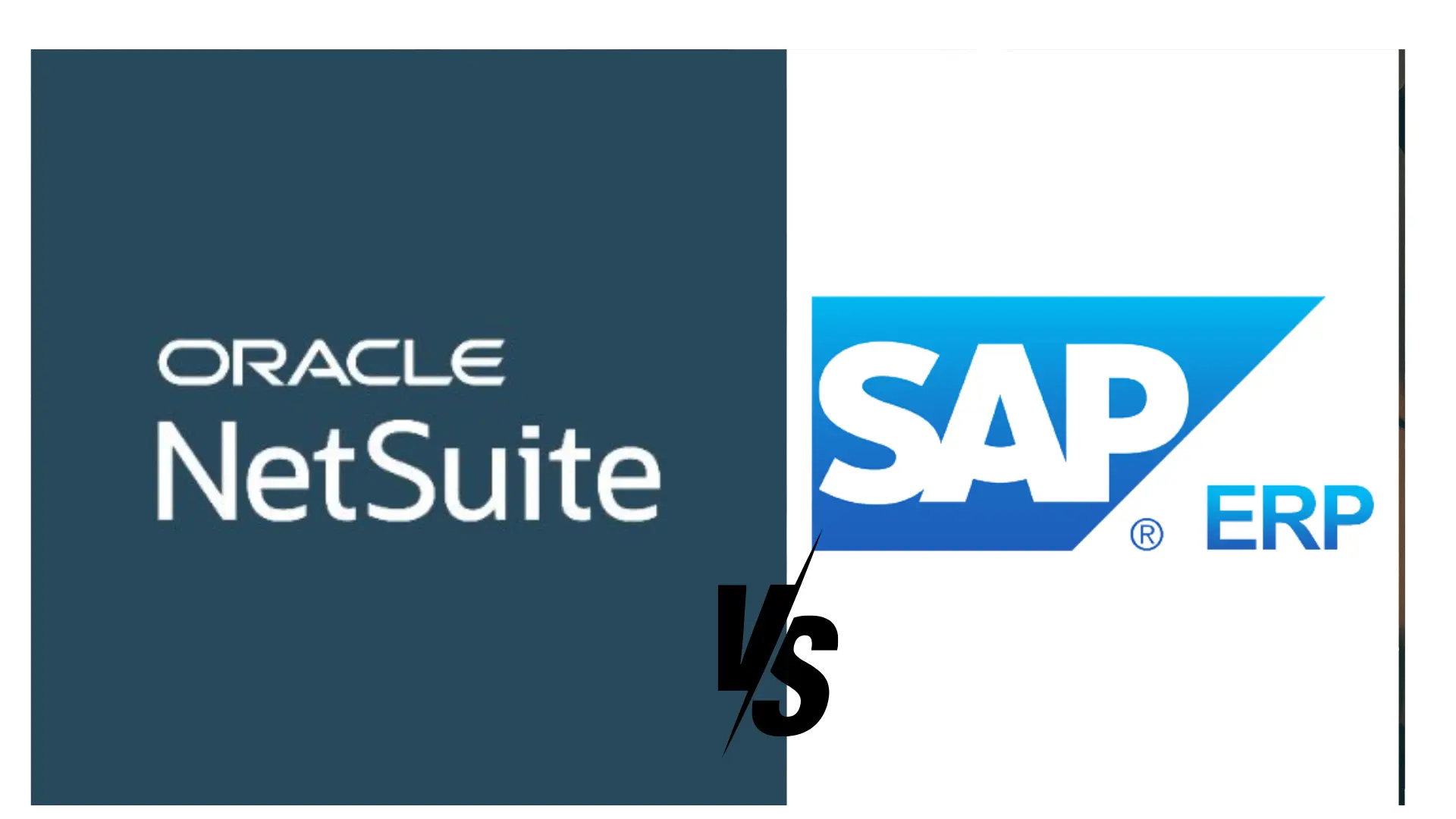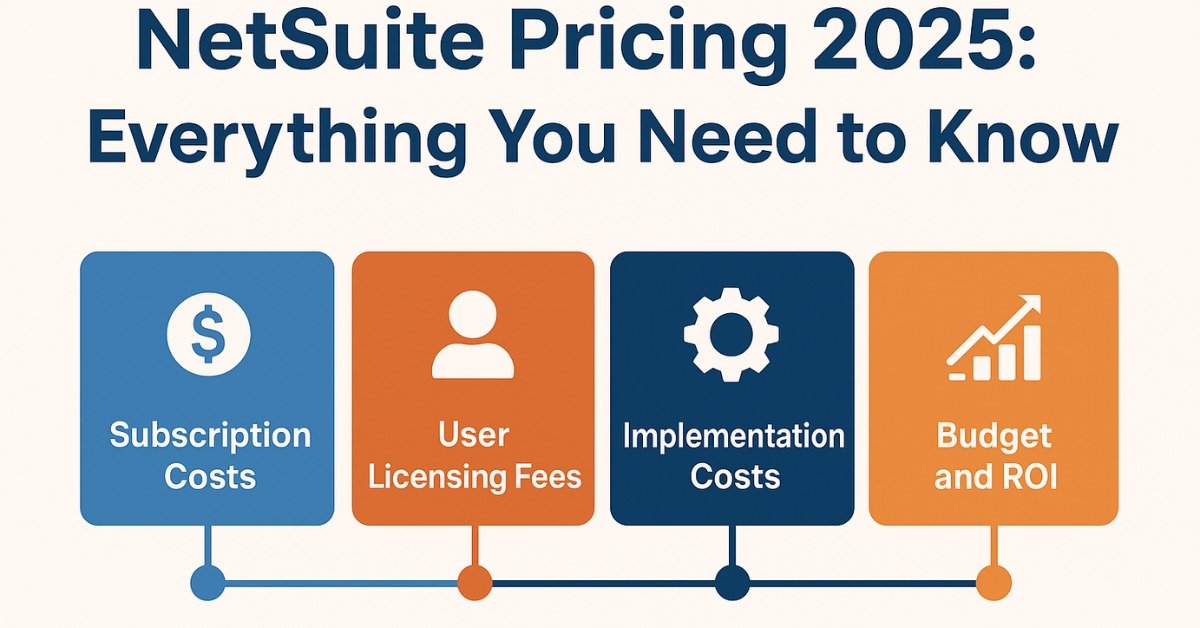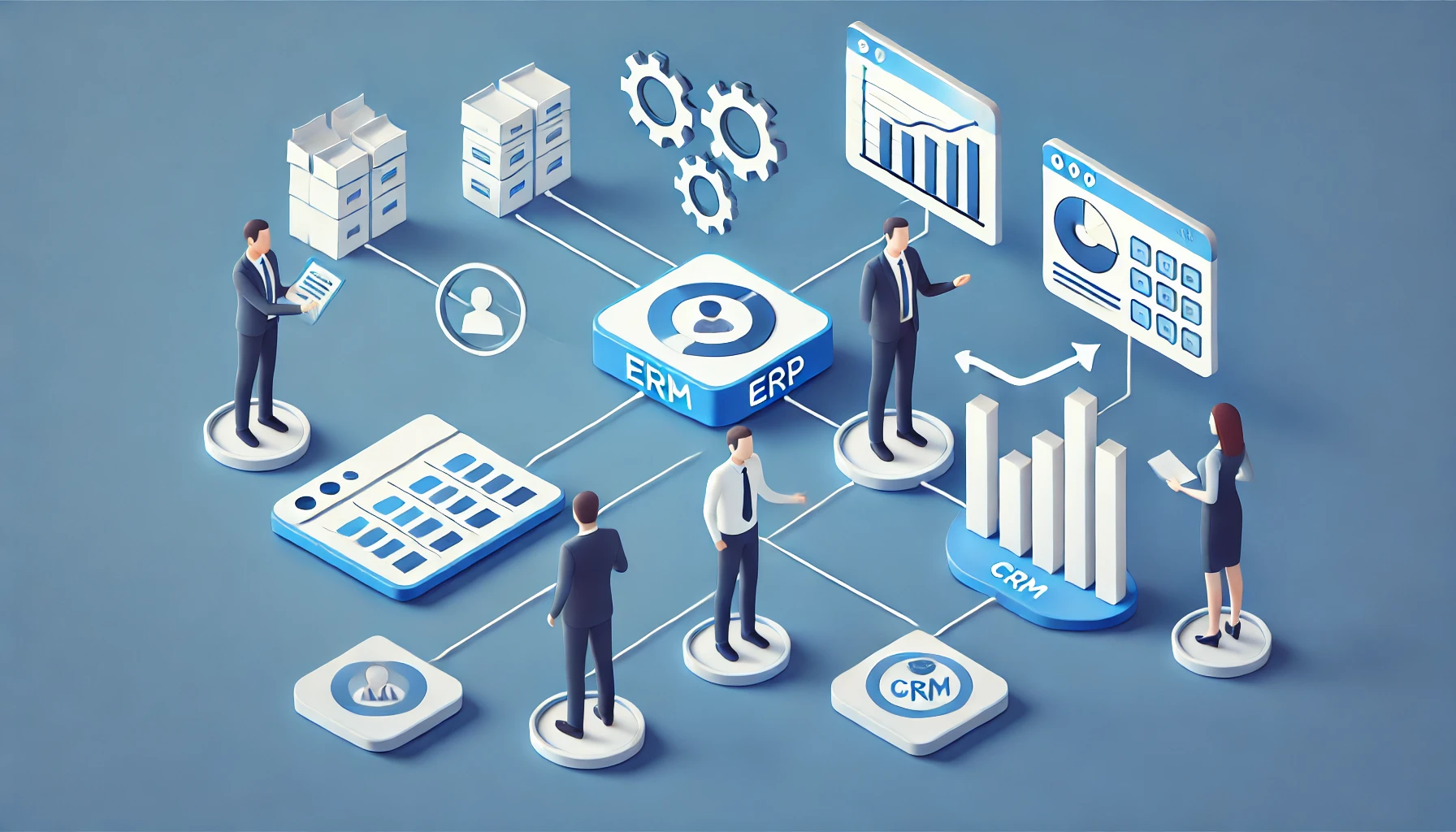Today, no business is without ERP in today’s competitive business environment. The space is dominated by two major giants: NetSuite and SAP. While both are quite robust, they cater to different business needs and sizes. This blog is an elaborated description of NetSuite vs SAP for your business, exploring their scalability, pricing, and ideal use cases, to help businesses make a more informed decision.
Table of Contents
ToggleNetSuite: A Cloud-Based Powerhouse
NetSuite, developed by Oracle, is a completely cloud-native ERP solution. Popular amongst SMEs and small to mid-sized businesses due to its user-friendly interface and comprehensive suite of tools, it has up-to-date business functions accounting, inventory, customer relationship management, and e-commerce into a unified platform.
Core Features of NetSuite:
- Unified Platform: Consolidates multiple business operations into one place, eliminating data silos.
- Real-Time Data Accessibility: Through the cloud architecture, it guarantees current availability of data anywhere.
- Scalability: Adapts to business growth, supporting startups and expanding enterprises.
- Customization: Offers flexibility to tailor modules to specific industry needs through SuiteCloud and SuiteScript.
- NetSuite’s simplicity and cloud-first infrastructure make it a popular choice for businesses looking to avoid the complexity of on-premises systems.
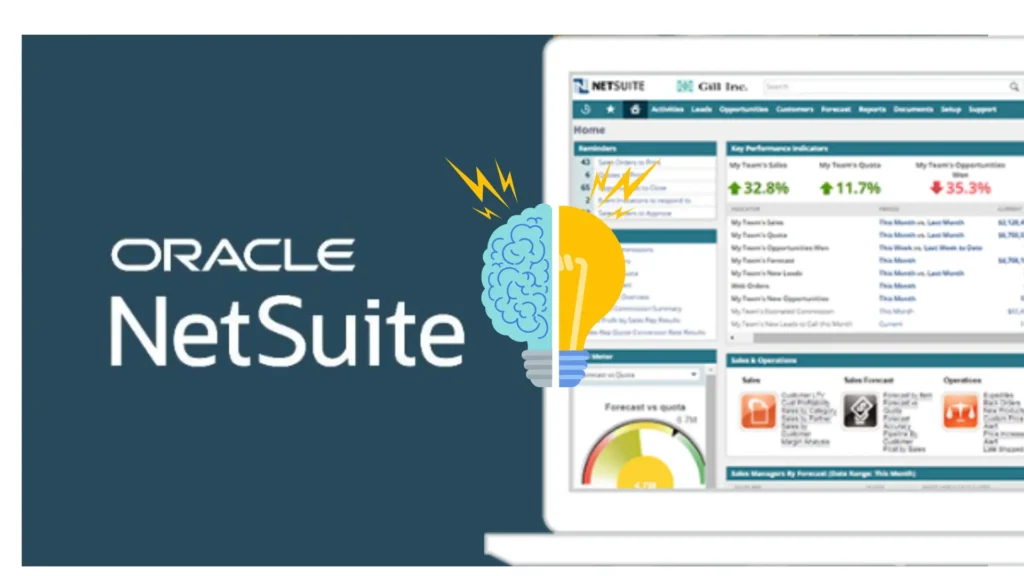
SAP: A Legacy of Excellence
SAP is synonymous with enterprise-grade ERP solutions, known for its strong and feature-rich systems. Even though SAP provides solutions to all sizes of businesses, it is widely preferred by the big enterprises because it can handle complex operations and industry-specific needs.
Core Features of SAP:
- Industry Specific Modules: Specific functionalities of this system for manufacturing, healthcare, and retail.
- Advanced Analytics: SAP HANA in-memory database helps speed up data analysis.
- Custom Development Options: Highly customized on-site solutions, though complex and in need of technical knowledge.
- Deployment Flexibility: It can be used onsite or in the cloud, depending on the nature of operation.
- Such strong infrastructure with strong offerings from SAP is ideal for businesses needing complex solutions.
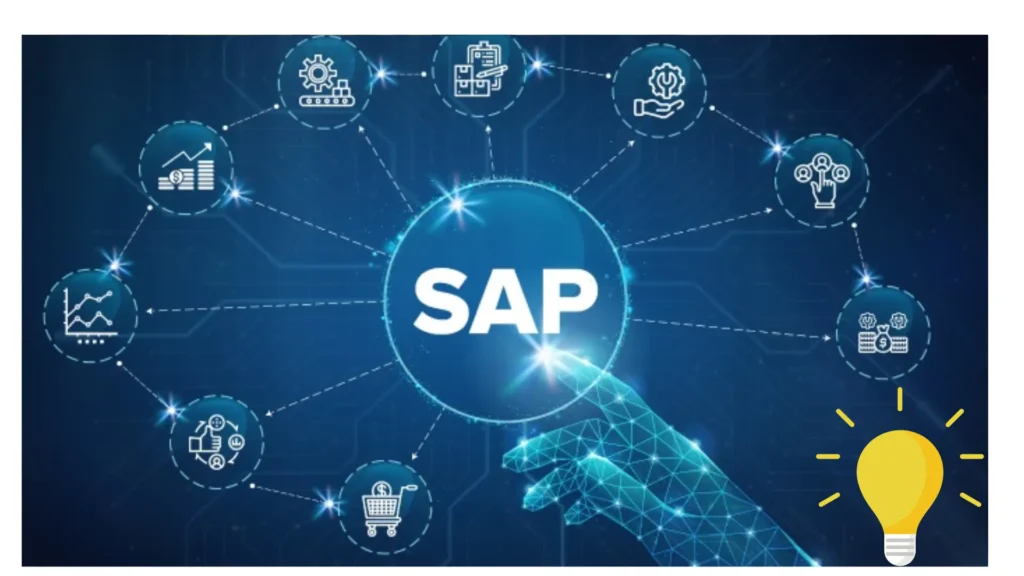
Comparison of Features : NetSuite vs SAP
User Experience
- NetSuite: It is very user-friendly, with even NetSuite being developed for simplicity, reducing training time for nontech-savvy teams.
- SAP: Unmatched depth, although its interface is more complicated, which sometimes even requires specialized training to work properly.
- Deployment Models
- NetSuite: Purely cloud-based solution; eliminate the need for on-premises hardware and manual updates, which causes interruption in service.
- SAP: both cloud and on-premises; business enterprises can choose from these, though a higher initial investment may occur with on-premises installation
- Customization and Flexibility
- NetSuite: Provides extensive customization through SuiteCloud, allowing businesses to adapt the software to their needs.
- SAP: Highly customizable but requires expert developers, leading to longer implementation timelines and higher costs.
- Analytics and Reporting
- NetSuite: Features real-time dashboards and accessible reporting tools for quick decision-making.
- SAP: SAP HANA offers advanced analytics, catering to complex operations and large-scale data processing.
- Scalability and Industry Fit
- NetSuite: NetSuite suits businesses that are looking for something that’s simple yet has great growth potential. It’s suitable for e-commerce companies, service-based businesses, and small and medium enterprises (SMEs) that require a centralized, web-based solution.
- SAP: On the other hand, SAP is best suited for scalability and complexity. SAP is perfect for large, multinational corporations and companies with complex supply chain requirements or heavy production sites.
- Pricing Models
Pricing is one of the biggest considerations in making a decision about an ERP system.
- NetSuite: Based on subscriptions where charges are determined by the number of users and modules one wants to implement. Not that costly for SMEs but at some points in customized and additional features, costs tend to increase.
- SAP: Definitely costlier on initiation because SAP has segmented its pricing on business size, deployment model, and level of customization required in terms of functionality as well as depth. Significant in large enterprises.
Predictable pricing is an advantage for cost-sensitive companies, while SAP offers a flexible, albeit expensive, model for organizations with complex requirements.
Strengths and Weaknesses : NetSuite vs SAP
NetSuite Advantages
- Fast time to implement.
- Cloud-native infrastructure minimizes overhead from IT.
- Works well in most industries, especially SME.
NetSuite Disadvantages
- Only partially suitable for large, complex organizations.
- Costs increase significantly with advanced features.
SAP Advantages
- Extremely scalable for organizations with large infrastructures.
- Has comprehensive industry-specific modules.
- Has advanced analytics capabilities through SAP HANA.
SAP Disadvantages
- High up-front and implementation costs.
- Complex interface requires professional training.
Real-World Use Cases
- NetSuite in Action: An e-commerce business expanding its business and needing to simplify operations would require integrated CRM and inventory management capabilities that may reduce overhead considerably.
- SAP in Action: A large, multinational manufacturing company with an intricate supply chain would prefer SAP for its comprehensive logistics management and deep analytics.
Key Factors in Making Your Decision
When choosing between NetSuite and SAP, companies have to consider:
- Size and Complexity. The appeal of NetSuite is more directed toward simplicity and the potential for being cost-effective for SMEs and smaller growing businesses, whereas SAP is majorly suited for large complex operations.
- NetSuite has a lower budgeted entry point; SAP charges a significant investment but delivers unmatched depth.
- Customization Needs: In case your business calls for much customization, consider whether you have resources and expertise for implementing SAP or if the straightforward customization offered by NetSuite is enough.
- Deployment Preferences: NetSuite’s fully cloud-based model is best for companies looking for flexibility and agile development, while SAP’s hybrid options make it more preferable to organizations that want such control in its on-premises mode.
Trends in ERP Systems Today
The trends now prevailing in the ERP landscape are AI-powered analytics, IoT interfaces, and predictive insights. Both firms are making changes and improving their current offerings to remain competitive.
NetSuite is tapping into Oracle’s AI capabilities for greater automation and predictive decision-making.
SAP is building on its intelligent enterprise solutions, further concentrated on machine learning and IoT-enabled processes.
Conclusion
The two are strong ERP giants with uniqueness. NetSuite is flexible, affordable, simple, and cloud-first agile while SAP owns scalability, industry-specific features, and advanced analytics. It all depends on the size and complexity of your business as well as its future goals.
Whether a small business is looking for streamlined operations or a large enterprise desires complete solutions, choosing the right ERP system is a strategic decision that can drive growth and efficiency in a dynamic market.
